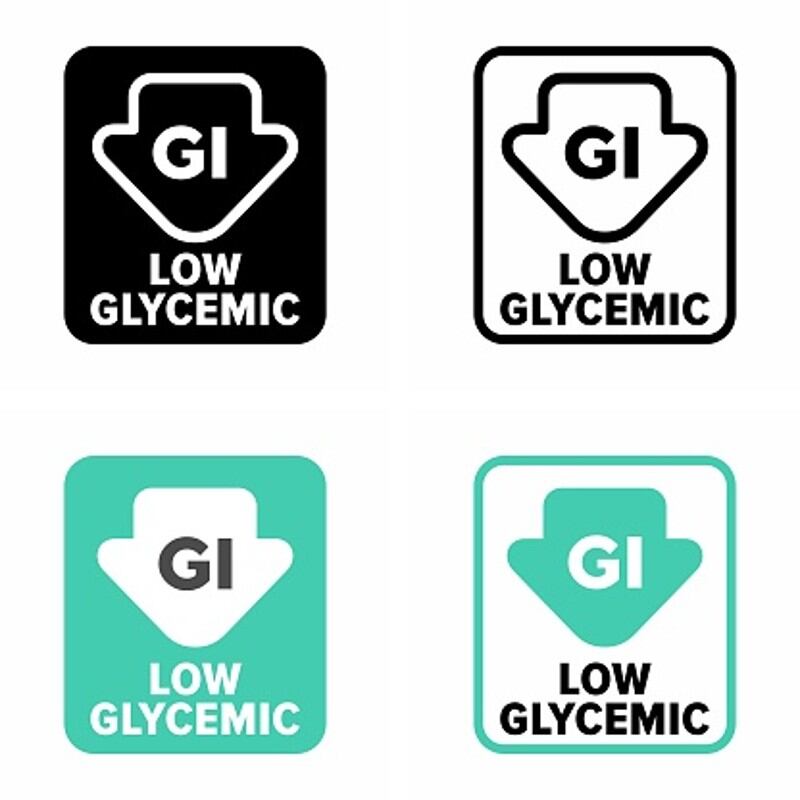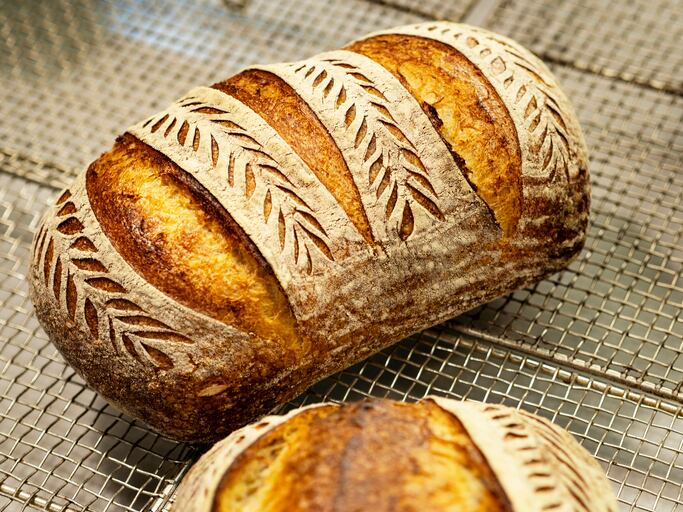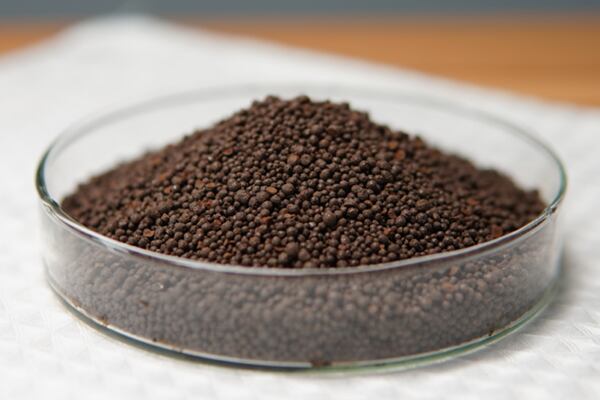When we last spoke to the firm earlier this year, W0W Noodles had just hit the market and a lot of focus was on its upcycled properties as the noodles are made from Barley Spent Grains (BSG), a by-product waste-stream of beer and malt products manufacturing.
The firm collects these from other food firms that use barley as a major ingredient in their products, such as Asia Pacific Breweries (APB) which owns major beer brands such as Heineken and Tiger, as well as Nestle Singapore which uses the malt to make Milo.
If the BSG are not collected to be upcycled into high-value food products, these high-potential grains would be used for animal feed or plant fertiliser, which is the common practice for many breweries and food firms using barley as a major ingredient.
That said, apart from being upcycled and ‘Good for the earth’ in that sense, the firm now also aims to emphasise the noodles’ ‘Good for the people’ benefits from a health and nutrition perspective, and a new study recently conducted on consumer response to W0W Noodle consumption has provided concrete evidence for them to do so.
“We worked with Temasek Polytechnic’s Glycaemic Index Research Unit to conduct this study in order to compare the Glycaemic Response (GR) values of regular noodles and W0W Noodles,” KosmodeHealth Co-Founder Florence Leong told FoodNavigator-Asia.
“The study confirmed that W0W Noodle consumption caused barely any increase in blood sugar – an average of less than 0.5mmol/L increase over a two-hour duration, which was a 94% lower glycaemic response compared to regular noodles. This in essence translates into a zero blood sugar spike, meaning that it is essentially zero-GI - a brand new category in the market.”
The regular noodles used for comparison in this study were yellow noodles, which are one of the most commonly-consumed types of noodles in noodle dishes in South East Asian countries such as Singapore and Malaysia, being a staple for much-loved dishes from curry mee to prawn mee.
According to the study results, the average glycaemic response in participants after the consumption of yellow noodles rose to a maximum of above 6mmol/L from a baseline blood glucose level of around 4mmol/L, as opposed to a maximum of no more than 4.5mmol/L from the same baseline after the consumption of the W0W Noodles.
The study was conducted with 15 participants – according to the Glycaemic Index Research Unit, a minimum of 10 to 12 subjects are usually required to determine the GI value of a test food product. All GI testing was conducted in vivo in healthy human subjects.
“[This study provides us with] retrospective data [that] W0W Noodles do not trigger blood sugar spikes, yet can also address the underconsumption of protein and fibre in the population,” said Leong.
Taste and mouthfeel
Leong told us that the noodles were created to ‘fill a gap’ in the noodles market, where there are currently little to no options which are not low-GI as well as high in protein and fibre.
“Options such as konjac noodles are low-GI but lack protein and fibre, whereas buckwheat noodles may have high protein content but have medium-GI,” she said.
“W0W Noodles are made by extracting the protein and fibre from spent barley, where the barley starch has already been fermented away, so the resulting product can be both low-GI - or in our case, completely no-GI or zero-GI as it caused a zero blood sugar spike - and still high in protein and fibre.”
The study also used what is called a Visual Analogue Scale (VAS) on the research participants to test perceived hunger and satiety responses, as well as tested for palatability. VAS is a psychometric response scale, usually administered via questionnaire, to measure participant responses for the intensity or frequency of subjective characteristics that cannot be quantitatively measured.
In this instance, the researchers found that there was no significant difference between subject response to yellow noodles and W0W noodles on all fronts.
“[We are glad that feedback] on the texture of W0W Noodles has been that the texture is almost similar to that of starchy noodles,” said Leong.
“The noodles are specially formulated for consumers with blood sugar concerns and are also gut health friendly with high fibre to feed the microbiome, keto-friendly and vegan-friendly. [These scientific findings are encouraging] and we will continue to use our technology to reach more consumers in Singapore as well as noodle-consuming markets like Malaysia, Japan, South Korea as well as countries with spent barley grains to upcycle like China.”





